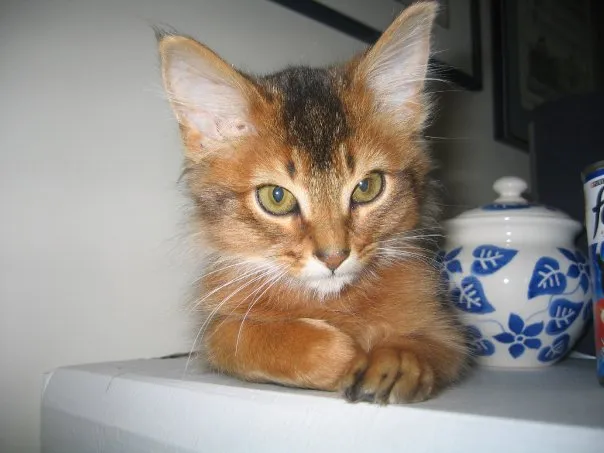The Dutch government has banned electric carts following a road-rail collision which killed four children in the southern town of Oss.
The Stint cart carrying the children - aged four to eight - was hit by a train at a level crossing, the %$Linker:
The driver and a fifth child were seriously injured in the crash.
Stints can carry up to 10 children who are strapped in with a seatbelt. The driver is located at the back of the cart.
The Infrastructure Ministry is carrying out an inquiry into the incident.
Edwin Renzen, founder of Stint, insists the cart is safe and that the Stint involved in the accident had not itself been investigated.
The Dutch government approved the use of Stints in 2012 without requiring drivers to hold a licence or helmet. Around 3,500 carts were being used in the Netherlands before the ban.
Netherlands bans electric carts after four children killed
The Dutch government has banned electric carts following a road-rail collision which killed four children in the southern town of Oss. The Stint cart carrying the children - aged four to eight - was hit by a train at a level crossing, the BBC says. A witness heard the 32-year-old female driver from a daycare centre shout that her brakes had failed. The driver and a fifth child were seriously injured in the crash. Stints can carry up to 10 children who are strapped in with a s eatbelt. The driver is
October 8, 2018
Read time: 2 mins








